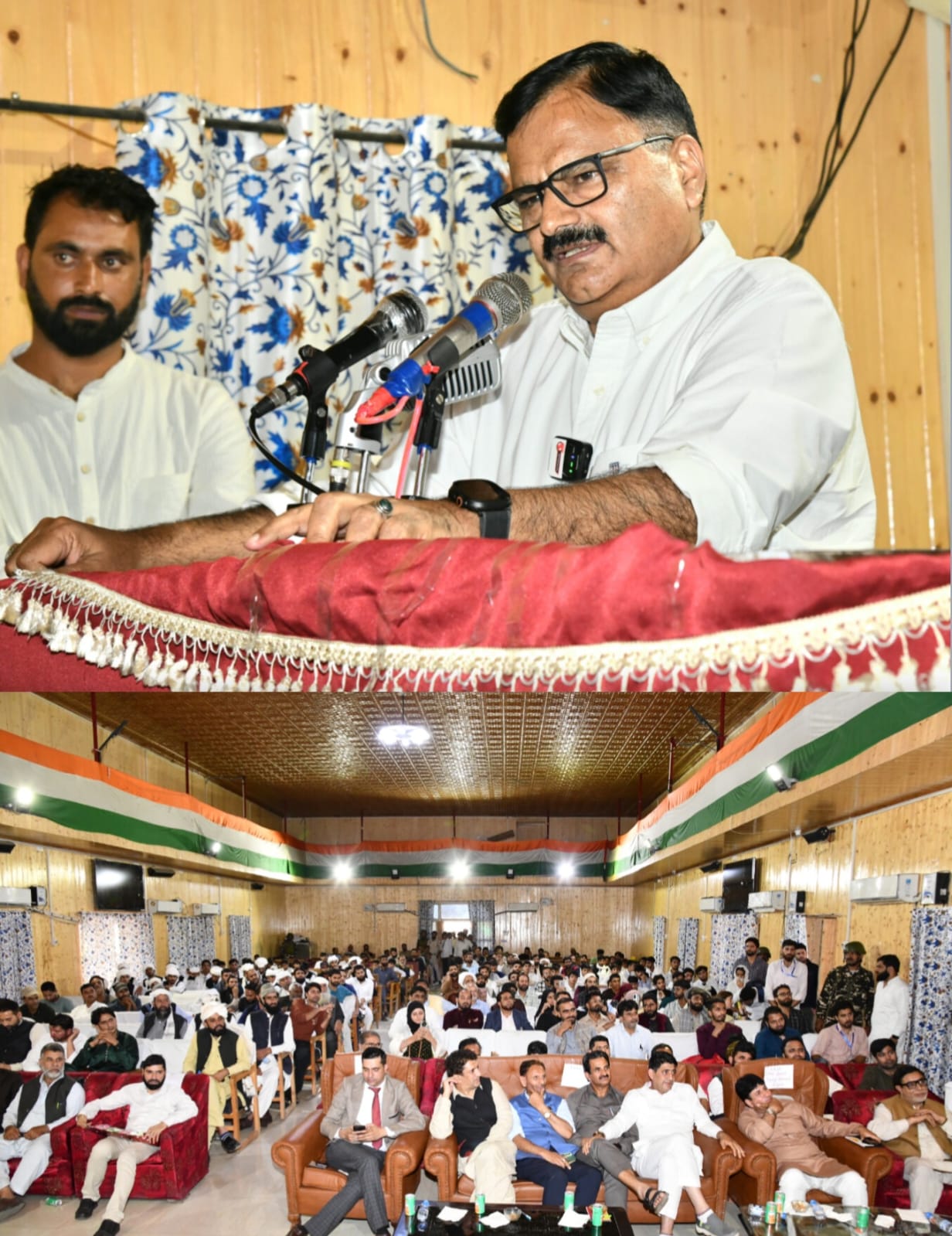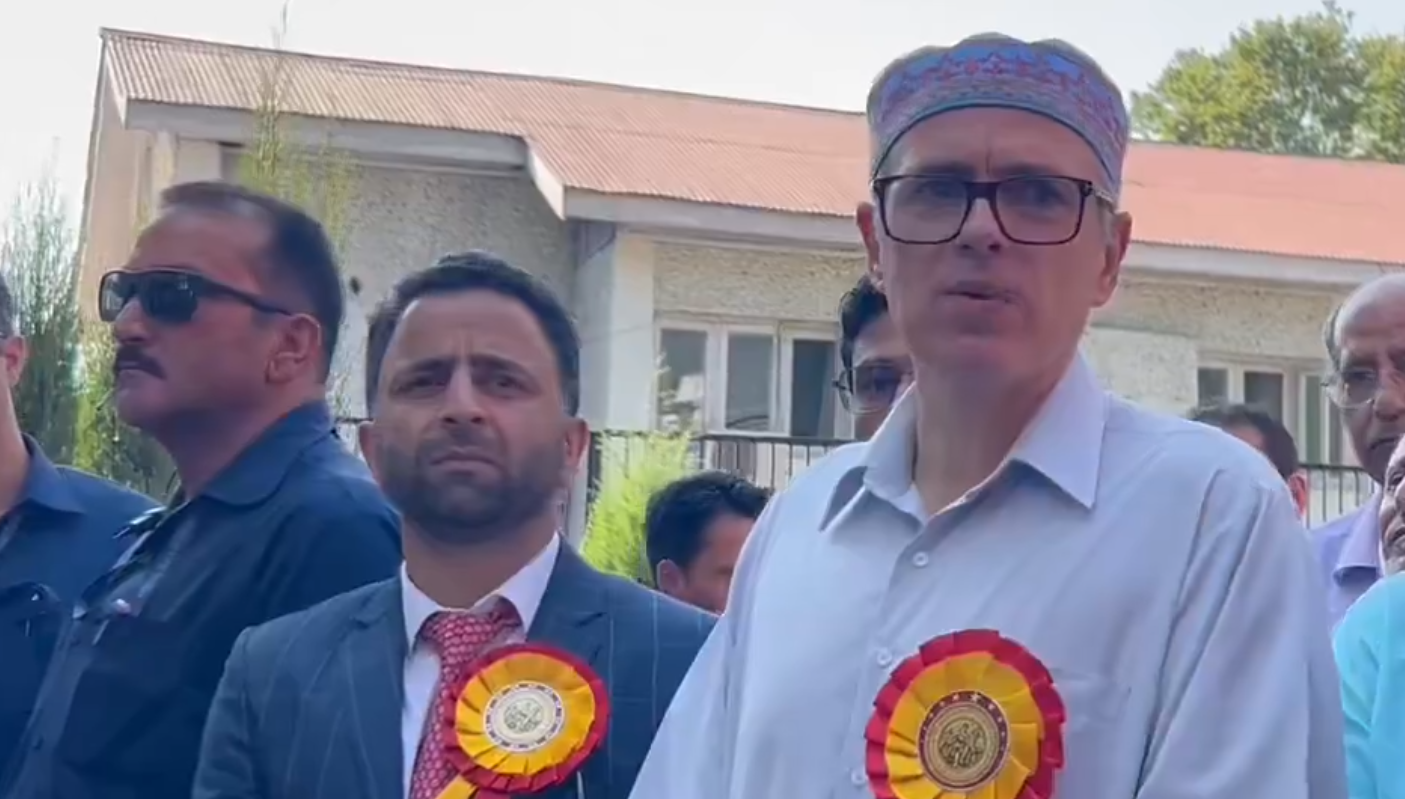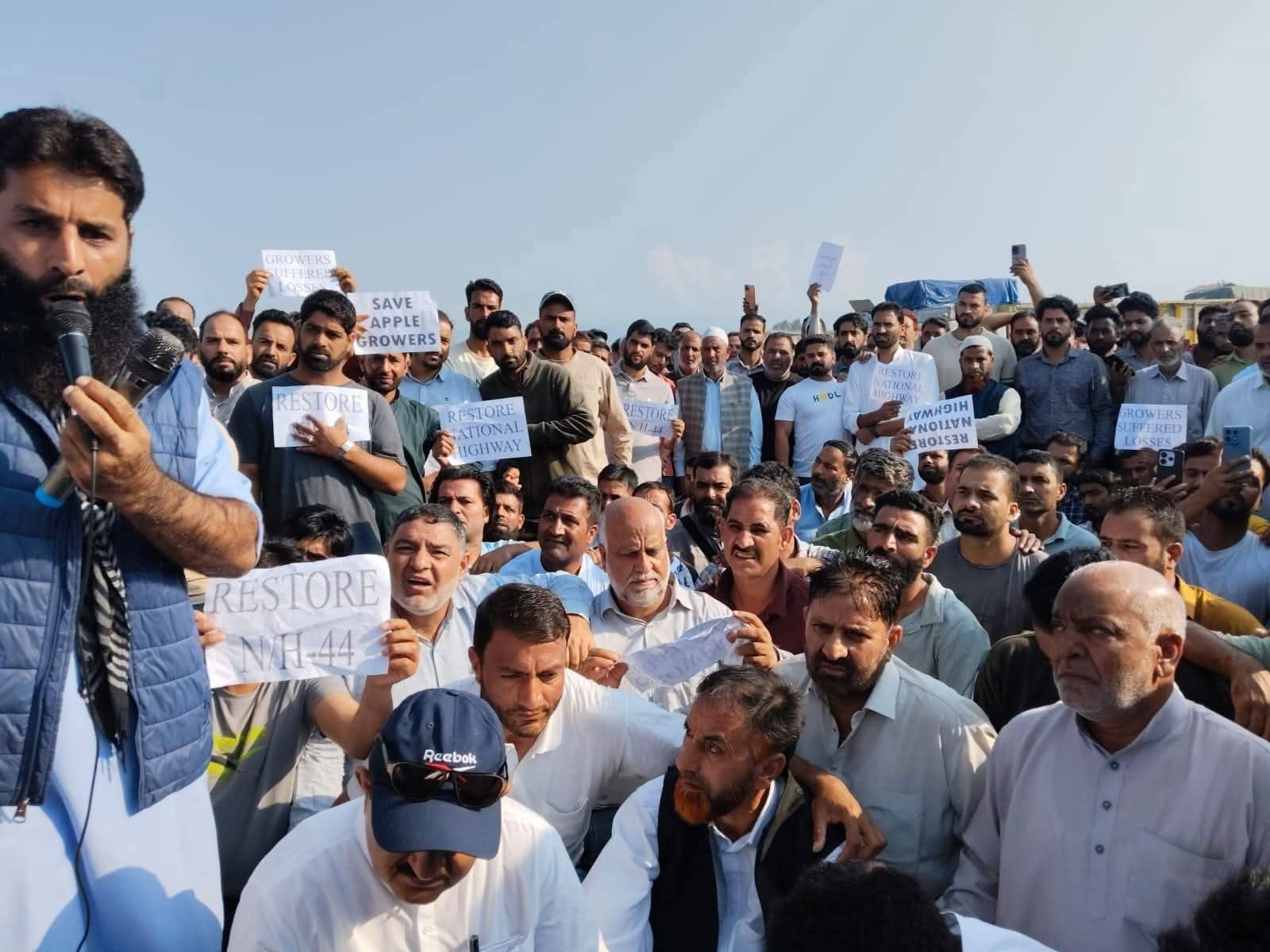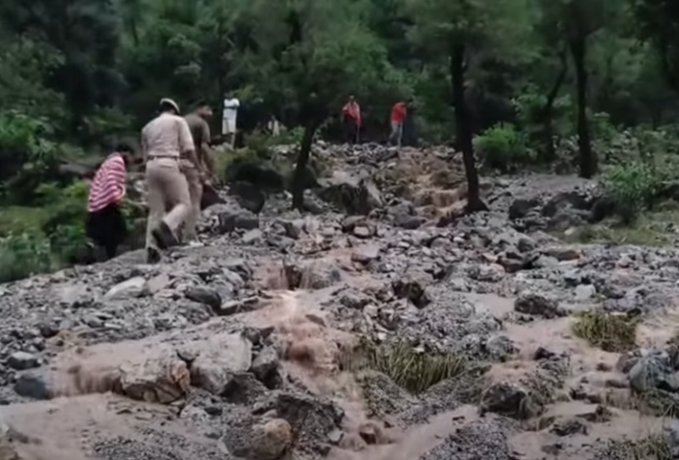Focus on Grassroots Planning and Sustainable Development
ANANTNAG: Minister for Tribal Affairs, Javed Ahmed Rana, attended a Tribal Conference in Anantnag today, addressing a diverse gathering of legislators, tribal leaders, intellectuals, community representatives, and civil society members. Legislators Bashir Ahmad Veeri, Altaf Kaloo, Zafar Ali Khatana, Abdul Majeed Bhat, and Reyaz Ahmad Khan were also present.
In his keynote address, Minister Rana emphasized the importance of decentralized and participative planning as the cornerstone of inclusive and sustainable development in tribal areas. He highlighted that empowering communities at the grassroots level—especially through active involvement of local legislators—is vital to making government initiatives both effective and responsive.
“The path to meaningful development lies in understanding local realities. When planning is decentralized and participative, solutions become grounded, inclusive, and transformative,” he said. “A collaborative approach rooted in equity and inclusion ensures that no community is left behind.”
The Minister outlined the Department of Tribal Affairs’ core priorities, which include strengthening healthcare, expanding educational access, improving rural and digital connectivity, promoting skill development, and revitalizing traditional livelihoods. He announced that multiple programs are underway to address service delivery gaps, particularly in remote tribal regions.
Special emphasis was placed on the conferring of forest rights through Forest Rights Committees (FRCs), which he described as a key tool for legal and economic empowerment of tribal communities.
During the conference, organized by a leading media house in Anantnag, Minister Rana also highlighted the significance of cultural preservation. He affirmed the government’s commitment to protecting tribal languages, customs, and heritage through the Tribal Research Institute (TRI), which plays a central role in documentation, research, and cultural programming across tribal areas.
Furthermore, the Minister spoke about initiatives to promote livelihood generation through traditional tribal occupations such as milk and meat production and wool processing. These sectors, he noted, offer sustainable economic opportunities while preserving tribal identity.
Reaffirming the government’s vision, Rana stated that empowering tribal communities is not merely a policy goal but a foundational commitment of the present administration. He encouraged tribal youth to embrace creative entrepreneurship and contribute actively to local development.













